
New study shows huge opportunity in digital health with 41% of internet users in Africa regularly using their mobile phones to search for health information.
JOHANNESBURG, South Africa,, August 24, 2021 -/African Media Agency(AMA)/- There has been an exponential rise in the number of people engaging with digital health services through their smartphones, creating vast potential for countries to deliver access to healthcare digitally. This was a key finding of Vodacom’s e-health policy paper released today as part of the Africa.connected campaign. Based on research and personal insights from recipients across the continent whose lives have been changed because of these services, this paper tells the story of a continent on the cusp of digital health transformation.
Join our WhatsApp ChannelThe campaign, which was launched earlier this year by Vodacom, Vodafone and Safaricom, aims to accelerate economic recovery across the continent by helping drive digital inclusion. The first of a series of six policy papers, the e-health paper provides key insights around the role of technology in elevating the healthcare sector – a focus area of development that has been brought to the fore by COVID-19.
Vodacom Group CEO Shameel Joosub says: “In many ways, the pandemic has also opened our eyes to new possibilities in the healthcare space. Our ability to deliver on the promise of digital solutions at scale presents enormous opportunity – not only when it comes to the reach of healthcare services, but also to dramatically improved health outcomes at decreased costs.”
A sector gearing up for transformation
The report reflects a healthcare sector on the verge of transformation. While Governments are accelerating formal digital health strategies – 41 out of 54 African countries have a digital health strategy in place and consumers are dramatically increasing their engagement with digital health services via their smartphones. It is forecast that by 2025, smartphone reach in sub-Saharan Africa will increase by almost 70%.
As a result, informal use of digital healthcare solutions has increased, with 41% of internet users across Africa regularly using their mobile phones to search for health information. Digital health apps have also seen increased usage during the pandemic. According to Apptopia, the Byon8 app, which offers access to online doctors and symptom check-ups, has shown on average a 40% increase in engagement since March 2021. Growing numbers of private sector players are also entering the sector to meet this demand.
Though the rise in engagement with informal healthcare systems is creating new opportunity, there is also significant risk in circumventing formal systems. Concerns range from privacy and the security of personal data to medical misinformation, which is a very real threat when it comes to social media. The report confirms that 69% of South Africans and 55% of Kenyans report that they’ve seen information that is obviously false or untrue on social media.
Perhaps most importantly, informal systems can exacerbate inequality – partly because they preclude users with low levels of digital literacy and partly because they leave the burden of cost with the end user or healthcare worker. A key question posed by the study is how countries across the continent can leverage the rise in usage of digital health solutions and integrate them into the formal health system. It suggests three steps in resolving this challenge.
The call for more public-private partnerships
To avoid the risks associated with healthcare workers and citizens going outside of formal systems, the architecture of a national health ecosystem must be led by Government. As such, the report calls for more partnerships between the public sector and digital health providers on formal systems. From there, Government can more effectively manage the digital health ecosystem, encouraging the integration of effective start-ups into formal systems and regulating those that could cause harm and spread misinformation.
Lastly, success will depend on the sector’s ability to leverage the informal within the formal. Given the pervasive use of social media, apps and internet searches, it’s necessary to find a way of using these tools safely within the national health ecosystem.
Vodacom’s Mum & Baby service in South Africa is a good example of how this can work successfully. Mum & Baby provides free information about pregnancy and childcare via mobile devices for parents-to-be. The service includes regular text messages, articles, tutorials, videos, an immunisation calendar, and a pregnancy medicine checker. This service has proved particularly helpful in rural areas where families often battle to access health centres.
“The vision behind the Africa.connected campaign – to help close the digital divide in Africa’s key economic sectors – is ambitious and we understand that we cannot achieve this alone. While this paper explores many of the challenges and opportunities associated with digital health solutions, it underscores the necessity of partnerships between the public and private sectors in driving critical outcomes. We must ‘meet in the middle’, integrating formal and informal digital health systems to harness the current rise in digital health engagement. It is our efforts now, working together to propel digital inclusion, which will determine Africa’s future.” concludes Joosub.
To read the report in full please visit: vodafone-africaconnected-ehealth-paper.pdf
Distributed by African Media Agency (AMA) on behalf of Vodacom.
About Safaricom
Safaricom is the leading telecommunication company in East Africa. Our purpose is to transform lives by connecting people to people, people to opportunities and people to information. We keep over 38 million customers connected and play a critical role in the society, supporting over one million jobs both directly and indirectly while our total economic value was estimated at KES 358.6 Billion ($3.58 Billion) for the 12 months through March 2021.
Listed on the Nairobi Securities Exchange and with annual revenues of over KES 250 Billion ($2.5 billion), Safaricom provides connectivity through wide range of technology, 2G, 3G, 4G and 5G in aggregate covering over 99% of Kenya’s population.
We run the world’s largest mobile payment system and Africa’s largest Fintech – M-PESA, the world’s first mobile money transfer system. By empowering over 28 million customers to transact, save or borrow money through their mobile phone, M-PESA has driven financial inclusion in Kenya to more than 82% of the adult population from a low of 25% and generates over KES 82.65 Billion ($826 Million) in revenue per annum.
Safaricom is an equal opportunity employer, actively recruiting staff from different backgrounds reflecting the communities that we serve. We are committed to equal gender representation at all levels. Our target is to achieve 50:50 senior management gender parity by 2025.
As part of our ongoing commitment to the Sustainable Development Goals (SDGs), we continue to work towards improving energy and resource efficiency in our network and facilities to reduce carbon emissions and our fuel consumption. We remain committed to becoming a Net Zero carbon-emitting company by 2050.For more details please visit www.safaricom.co.ke
About Vodafone
Vodafone is a leading telecommunications company in Europe and Africa. Our purpose is to “connect for a better future” enabling an inclusive and sustainable digital society. Our expertise and scale give us a unique opportunity to drive positive change for society. Our networks keep family, friends, businesses and governments connected and – as COVID-19 has clearly demonstrated – we play a vital role in keeping economies running and the functioning of critical sectors like education and healthcare.
Vodafone is the largest mobile and fixed network operator in Europe and a leading global IoT connectivity provider. Our M-Pesa technology platform in Africa enables 50m people to benefit from access to mobile payments and financial services. We operate mobile and fixed networks in 21 countries and partner with mobile networks in 49 more. As of 30 June 2021, we had over 300m mobile customers, more than 28m fixed broadband customers, over 22m TV customers and we connected 130m IoT devices.
We support diversity and inclusion through our maternity and parental leave policies, empowering women through connectivity and improving access to education and digital skills for women, girls, and society at large. We are respectful of all individuals, irrespective of race, ethnicity, disability, age, sexual orientation, gender identity, belief, culture or religion.
Vodafone is also taking significant steps to reduce our impact on our planet by reducing our greenhouse gas emissions by 50% by 2025 and becoming net zero by 2040, purchasing 100% of our electricity from renewable sources in Europe and across our entire operations by 2025, and reusing, reselling or recycling 100% of our redundant network equipment.
For more information, please visit www.vodafone.com, follow us on Twitter at @VodafoneGroup or connect with us on LinkedIn at www.linkedin.com/company/vodafone.
About Vodacom
Vodacom is a leading African communications company providing a wide range of communication services, including mobile voice, messaging, data, financial and converged services to over 117 million (including Safaricom) customers. From our roots in South Africa, we have grown our mobile network business to include operations in Tanzania, the DRC, Mozambique, Lesotho and Kenya. Our mobile networks cover a population of over 291 million people. Through Vodacom Business Africa (VBA), we offer business managed services to enterprises in 50 countries. Vodacom is majority owned by Vodafone (60.5% holding), one of the world’s largest communications companies by revenue.
Media Contact:
Vodacom
Lexi Fincham
Tel: +27 72 992 0641
Lexi.Fincham@vodacom.co.za
WE Worldwide
Carly SIMON
critz@we-worldwide.com
Source : African Media Agency (AMA)




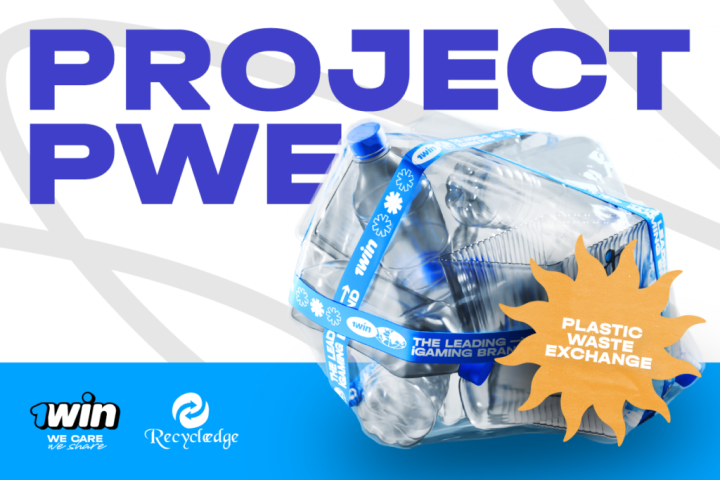
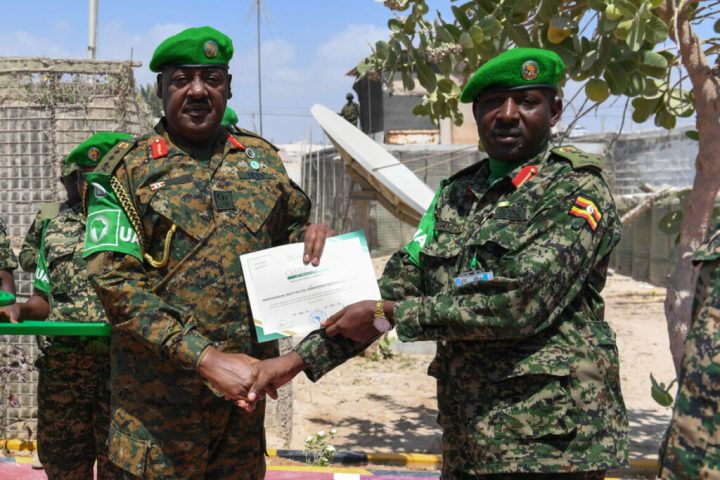
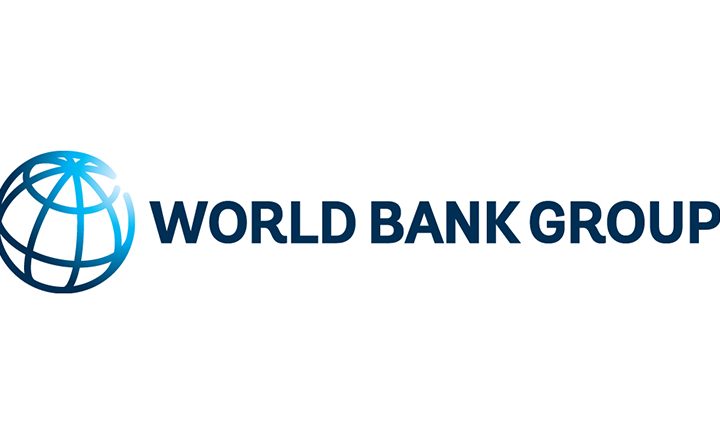
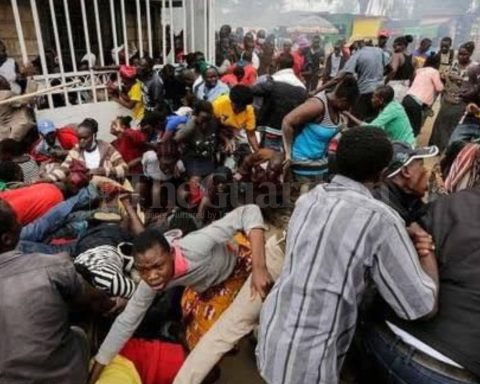
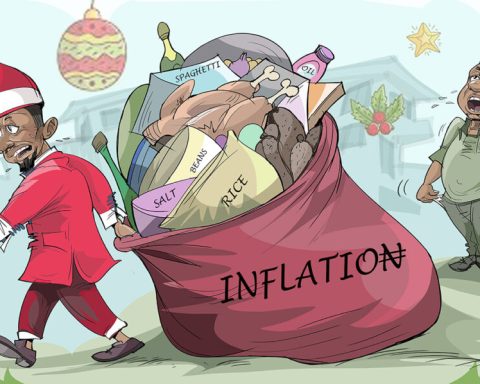
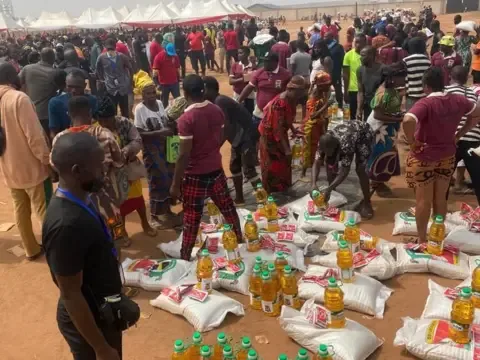
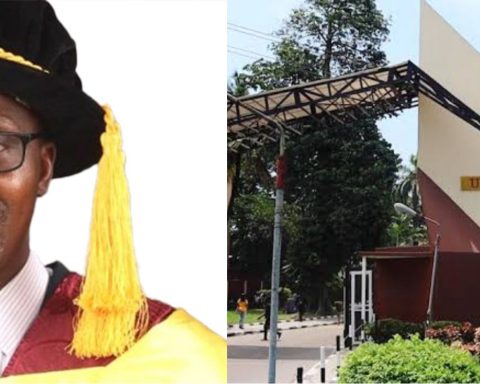





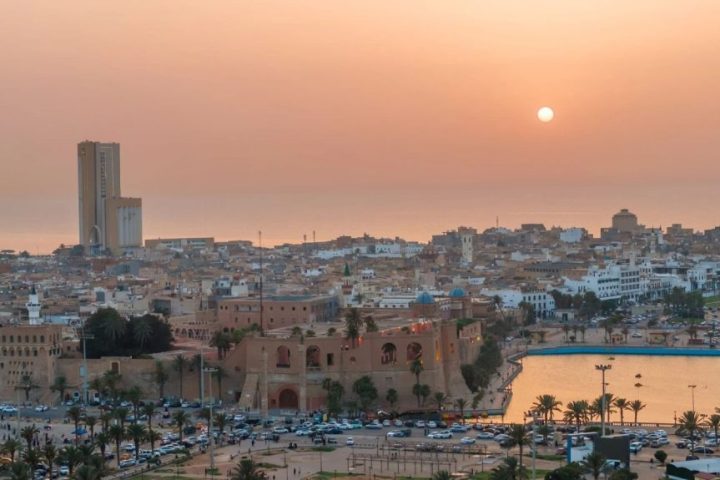
Follow Us